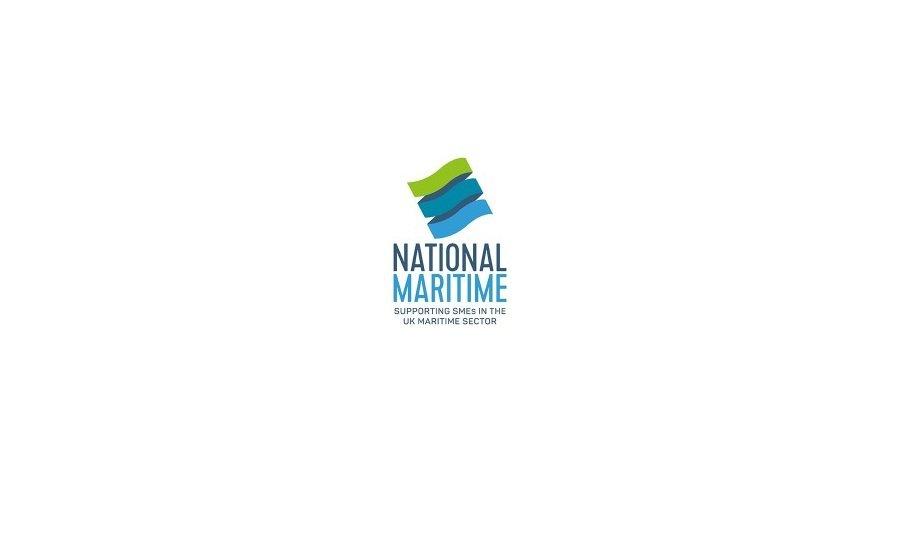Swedish firm ScanOcean and Finnish oil refining and marketing company Neste Oyi have unveiled a new lower-emission DMA Gasoil for the shipping sector.
Lower-emissions DMA
The new lower-emissions DMA is produced by adding renewable raw material into the conventional refining process and by using mass-balance the fuel attains high GHG emissions reducing benefits while maintaining the quality and specifications of the fuel to ISO 8217. The fuel is certified according to ISCC Plus.
According to the partners, Neste Marine 0.1 Co-processed could reduce greenhouse gas (GHG) emissions by up to 80%, compared to fossil DMA Gasoil.
Bunker fuel
DMA co-processed with renewable raw materials will be available as bunker fuel
DMA co-processed with renewable raw materials will be available as bunker fuel on the Swedish east coast, Neste noted.
Neste Marine 0.1 Co-processed DMA will also be available at the Södertälje ex-pipe facility together with DMA 0.1 and DMB 0.1, serving vessels in transit into Lake Mälaren.
Sustainable products and services
“This is one of many key steps in ScanOceans journey to build a portfolio of sustainable products and services,” commented Jonatan Karlström of ScanOcean.
"As we soon enter a new regulatory landscape in European shipping, reducing emissions at low cost will be key and we aim to provide the best solutions for this, and the DMA co-processed with renewable raw materials is an extremely attractive fuel in this respect."
Marine fuel strategy
Introducing the DMA co-processed with renewable raw materials to the Swedish market"
"Introducing the DMA co-processed with renewable raw materials to the Swedish market is a part of our marine fuel strategy," said Sveta Ukkonen, Head of Marine Fuels at Neste.
"We see good growth potential for the Swedish market, and we are very pleased to have ScanOcean as our local partner."
Marine 0.1 co-processed marine fuel
In 2022, Neste revealed it is working with Danish partner Nordic Marine Oil on a new Neste Marine 0.1 co-processed marine fuel in Scandinavia.
The drop-in fuel can be taken into use without any fleet modifications as it has a similar composition to conventional bunker fuels.












